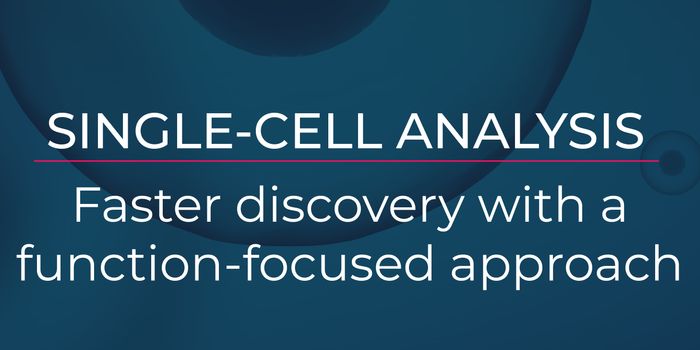Acid-Reflux Drugs May Negatively Impact Breast Cancer Survivors
Many of us have taken some form of an acid-reflux drug—especially after a meal that causes discomfort. However, now researchers are indicating that survivors of breast cancer who take proton pump inhibitors (PPIs)-based drugs for acid-reflux, which may sometimes ease stomach problems caused by cancer treatment, may face an adverse side-effect.
The side-effect is believed to be memory and concentration impairment reported by 20 to 29 percent of the users who take PPIs. These drugs are sold under the brand names as Nexium, Prevacid and Prilosec.
"The fact that this study found similar effects across three different sets of patients who are at different stages of cancer survivorship gives some weight to what we're seeing," said Kiecolt-Glaser, senior author of the paper and an investigator in Ohio State's Comprehensive Cancer Center. "Had it been in only a single study, it could have been a chance effect."
PPIs were approved by the U.S. Food and Drug Administration for short-term use in frequent gastric acid conditions and longer-term use for gastric ulcers and associated disorders involving excessive acid secretion. However, the research carried by investigators from Ohio State University concluded a relationship between breast cancer survivors' use of proton pump inhibitors (PPIs) and reports of problems with concentration and memory.
"The severity of the cognitive problems reported by PPI users in this study was comparable to what patients undergoing chemotherapy had reported in a large observational study," said Annelise Madison, lead author of the study and a graduate student in clinical psychology at Ohio State. "PPI non-users also reported problems, but were definitely getting better. Based on what we're seeing, we don't know if PPI users might not be able to fully recover cognitively after chemotherapy. It's an area for further investigation."
Learn more about the risks and benefits of proton pump inhibitors (PPIs):
Results of the findings were published in the Journal of Cancer Survivorship and was based on evaluations of mood responses and cognitive treatments. The study was supported by grants from the National Institutes of Health and was the first to examine PPI in breast cancer survivors.
"I thought there could be a cognitive effect from taking PPIs, particularly in this population, because breast cancer survivors are already at risk for cognitive decline," says gradute student Madison, who works in the lab of Janice Kiecolt-Glaser, professor of psychiatry and psychology. "PPIs are over the counter and generally considered safe so there haven't been many long-term trials, especially looking at cognitive outcomes, because nobody was really thinking that would be a downstream effect."
Source: Ohio State University









